Lord Of The Rings & The Hobbit SBG – The Best Way To Play?
October 16, 2014 by brennon
Getting back into both The Lord of the Rings and The Hobbit Strategy Battle Game from Games Workshop has been a really interesting experience so far. I've played a few small games but most of my time has been spent painting up character miniatures and generally doing the things we all do in our hobby, list making and pondering on what the next cool thing is going to be.
I did however hit on an interesting discussion point. What is the best way to play this game? I think it essentially comes down into two avenues of thought. There are those people who love playing the game in a tournament setting with points costs, well made, optimised warbands. There are also players who just play the game to re-create the amazing scenes from the movies and then going as far as to try and re-create scenarios from the books and expanded world too.
Which of these seems like the best way to play the game?
Scenario & Narrative Play
The first thing we're going to look at is scenario and narrative based play that draws on those scenes from the Peter Jackson movies and of course the books themselves. This was pretty much how Lord of the Rings started off back when Fellowship of the Ring was announced. The old black book with the Ringwraith on the cover ran you through the various exciting moments from the film and you tracked the wandering Fellowship as they headed into Moria and then eventually Amon Hen where Boromir meets his end.
This was a lot of fun and ended up with maybe one person taking control of the enemies while a group of friends split up the Fellowship and got invested in making sure Legolas got to the end of the adventure (which he often did). It had a bit of a dungeon crawler feel to it and generally went down really well.
Gameplay wise these kind of games were always usually a good challenge even when you were walking around with overpowered Aragorn. Things were, to misquote Galadriel, "on the edge of a knife" most of the time and a few unlucky dice rolls might end up with Frodo biting the dust.
What this also opened up was something that you generally start to see happen in historical games. A lot of wargamers who love historical games take the time to research battles and play them out to the letter, a bit like these kind of scenarios, but others look at these battles and skirmishes and then go with a 'what if' scenario. A whole bunch of community members and indeed designers of the game itself started to come up with cool scenarios that didn't take place in the books or films but could well have done if a few things had been different. What is Isildur had been convinced by Elrond to take the Ring back to Mount Doom? What if Bilbo had realised his folly earlier and with Gandalf's help rushed to Mordor with the help of the Dwarves of Erebor in a last ditch attempt to destroy the Ring while Sauron was still regaining his power?
This is where I think narrative and scenario play really shines. It allows you to tell a proper story when you're playing and with the amazing background of Middle-Earth to draw on you're never going to be at a loss for tales to tell. Mechanically these games are also a lot easier for new players to just jump into and have a go at. With no army lists, set forces, and a set objective (and no running away when your force breaks) you can immediately start enjoying the game.
On the down side there are some mechanical problems with playing Lord of the Rings and The Hobbit this way. The big thing staring at you is the way in which Might, Will and Fate work. It might not be that complicated but a new player jumping in might get a bit more confused by these extra bonuses. There are a lot of nuances in when and where to uses these three extra stats in your games and it can sometimes spell a bit of disaster if you find someone wasting their Mighty on the wrong roll. Hopefully however in the context of a story driven set of games it wouldn't take people too long to get a handle on it though.
Scenario and narrative play like this has the additional bonus in that when you look at what miniatures to buy you just have to refer to the scenarios and buy maybe a box or two to get a hold of it. Since most of the characters in these scenarios are also single heroes too you can just pick and choose blister packs (or scour eBay nowadays) and paint them up investing a lot of time. There's no overbearing demon standing on your shoulder saying "you still haven't got enough men for that 100 big unit done".
Of course collecting like this does somewhat limit your choices. With there being very few scenarios that need things like Easterlings and Harad collectors of these armies might not find a use for their miniatures. There are some out there in old White Dwarf issues and online but most are hard to find.
Competitive Points Based Play
The last sentence above makes it sound like the competitive points based side of things is a slog for Lord of the Rings and The Hobbit, much like it can be for Warhammer 40,000 and Warhammer Fantasy. In fact it's quite the opposite. At a basic level the game plays well at around the 200 point mark for beginners with 400 points being a good starting point for full on battles. Most tournaments that are held for the game are played at around the 500 to 600 point mark afterwards so you have a natural progression which is nice to see. No dumping you right in at the deep end unless you really want to.
Mechanically the game is very simple and there's not a lot that you need to store in your head like other games. Most armies play the same and follow the same general rules with the occasional special character or hero maybe being a tad more difficult to understand. At it's heart though its very easy to play and generally quite tactical. With mechanics laid to the side you find battle tactics and placement of units with well placed offensives becoming the key.
There are a few problems I've seen when looking at competitive points games. The first of these is purely a thematic and fluff based one that I'm sure a lot of people don't have a problem with. When I see two armies facing off against each other I like there to be some kind of reason for them to be doing so. I guess its the fluff lover in me but this kind of puts some grounding behind the fact I've pushing plastic soldiers around on a tabletop. Therefore when you see, for example, two Gondorian armies facing off against each other something jars with me. I think it comes from the fact that the world of Middle-Earth is so engrained in this battle between good and evil that seeing good against good just doesn't quite work out. With something like historical wargaming and even Sci-Fi you can maybe pass something off as a training exercise when Britain fights the US in Bolt Action but the same doesn't really seem to apply with Middle-Earth. It's a small thing I know, but it does put me off those kind of points based narrative games where things don't seem to add up.
The second problem is probably more of a legitimate one. Because of the way the Strategy Battle Game works it is seemingly very easy for people to 'cheese' and 'beard' their armies to make them insanely powerful on the tabletop. Every game has this problem to some degree but this one appears to have it more than most (maybe I just notice it more). Particular combinations of heroes and units are just flat out amazing - many tales are heard of the way Alfrid works in the new Desolation of Smaug book.
I think this comes back to the feeling of some competitive games jarring. It's quite weird seeing Gwahir and his Eagles flying around with Alfrid and just a lonesome Balin pottering about below.
The last problem comes in the way the Strategy Battle Game plays. Because combats are resolved on a more personal level with maybe one or two warriors fighting at one time you can get a sense of fatigue setting in in big points games. This is essential for the game mechanics to work however and you can look past it but I have had opponents who were really hoping to chuck buckets of dice at once. If you're looking for that it won't be happening here.
So Which Is Best?
I may be slightly biased in my opinion on this as you might have noticed from the discussion above. I adore the world of Middle-Earth and all of its nuances but there are certain things I like to see when I'm gaming in the world. Therefore narrative and scenario based play seems to be where I would register my vote. I love telling a story in games and freed from the 'cheese' of army lists you can have some really fun games that tell a story and are also competitive.
Competitive play with points cost armies is certainly a legitimate way forward and it's great if you want to try out different armies from across the length and breadth of Middle-Earth. For me however there are just a few sticking points that make it feel like somethings gumming up the works. Maybe if the sides 'made sense' I'd be more inclined to look at it as the preferable way forward but I think I'm being a bit choosey now.
There could potentially be a happy medium. There is a warband based way to play the game called Battle Companies that works a little bit like Mordheim or Necromunda in that you can take a small group of warriors from your favourite faction and then level them up to become heroes of renown. This seems to bring together the narrative enjoyment I like about narrative and scenario play while also being close to the way points match games play with a very competitive edge alongside the storytelling.
I think I'll have to dip my toe into the competitive scene soon to find out more about it and maybe I'll change my mind but right now I'm very much in the camp of playing narrative scenarios and retelling cool stories from the film and books.
To end on I would like to say that there really is no definitive way to play any wargame. The opinions here are simply based on my own interactions with the hobby and by all means if you disagree then please tell me why!
Images from (and painted by) HVM Workbench.
Which way of playing the Strategy Battle Game do you prefer?
Supported by (Turn Off)
Supported by (Turn Off)
Supported by (Turn Off)































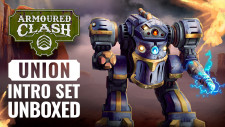

![How To Paint Moonstone’s Nanny | Goblin King Games [7 Days Early Access]](https://images.beastsofwar.com/2024/12/3CU-Gobin-King-Games-Moonstone-Shades-Nanny-coverimage-225-127.jpg)







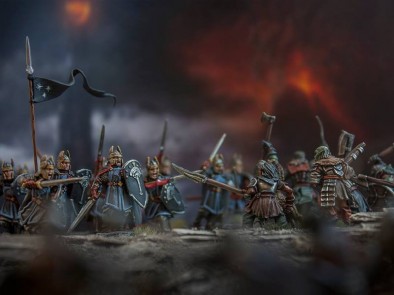
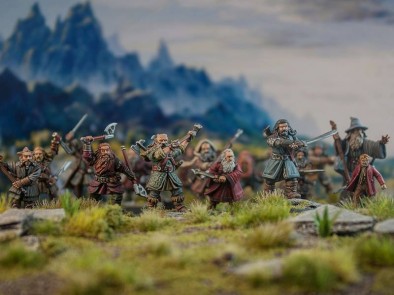
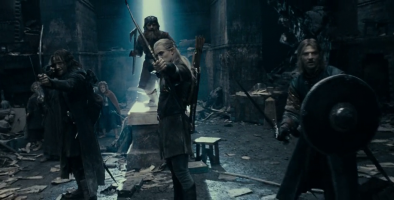
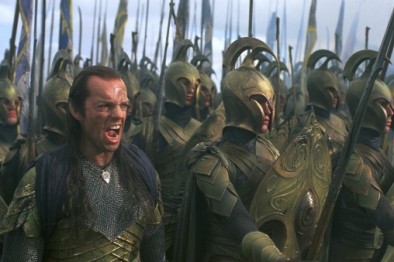
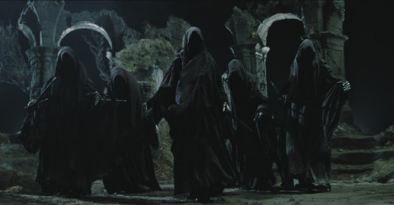
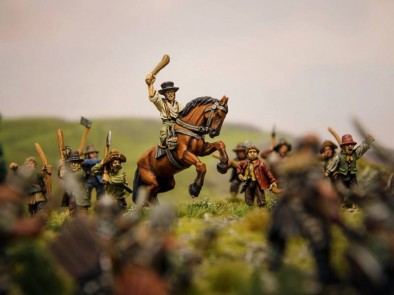
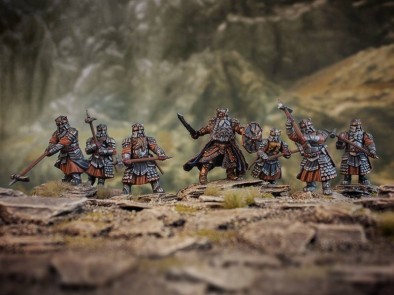
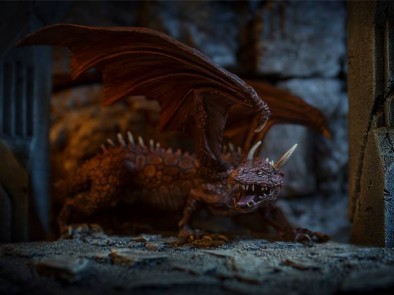
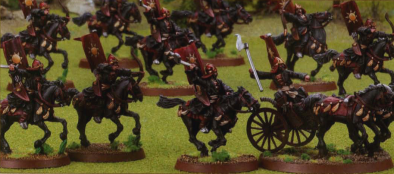
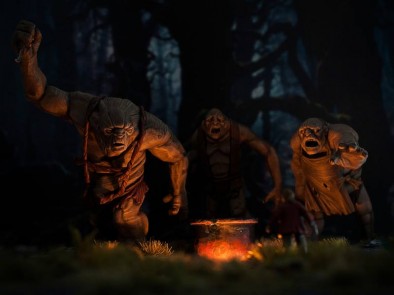
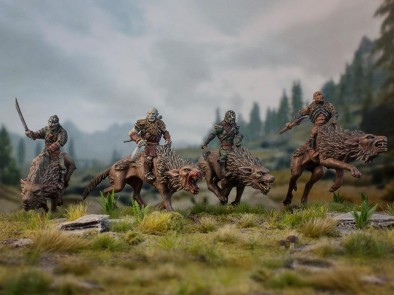
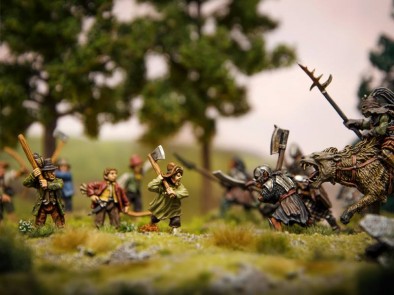


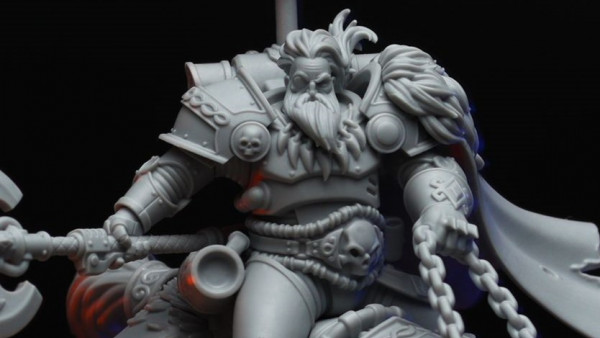
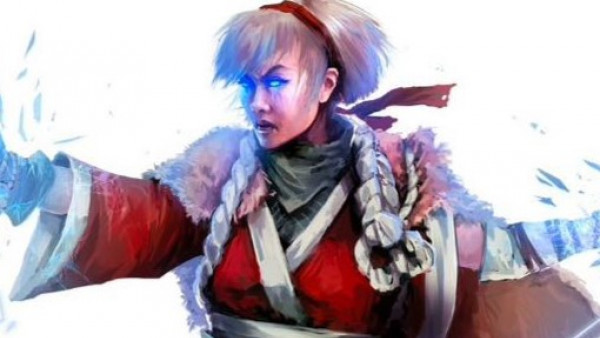

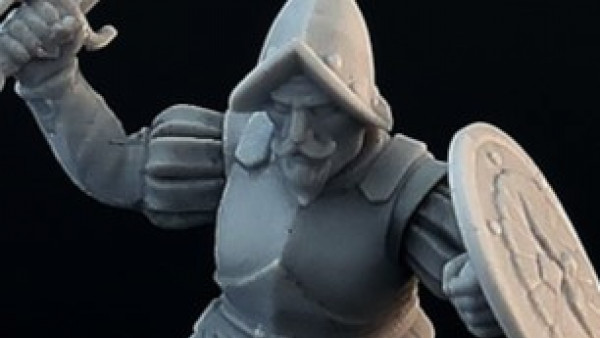

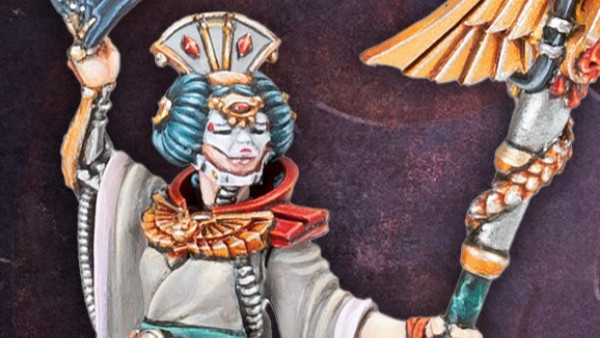

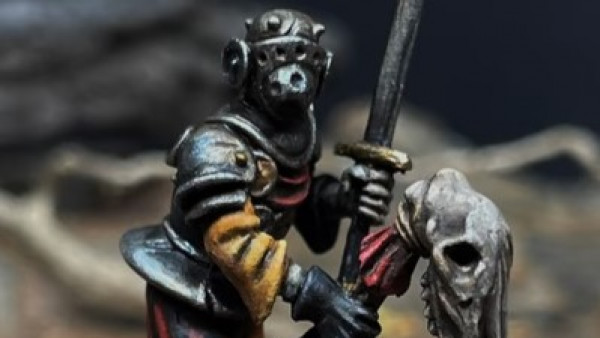

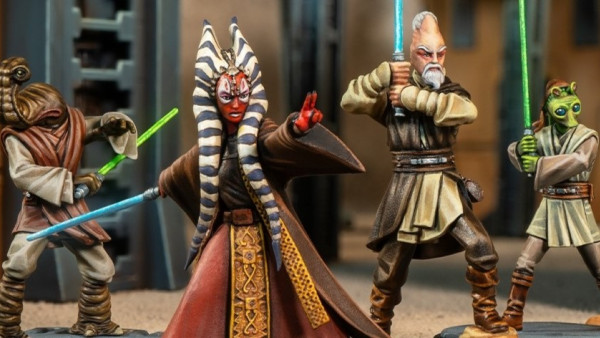
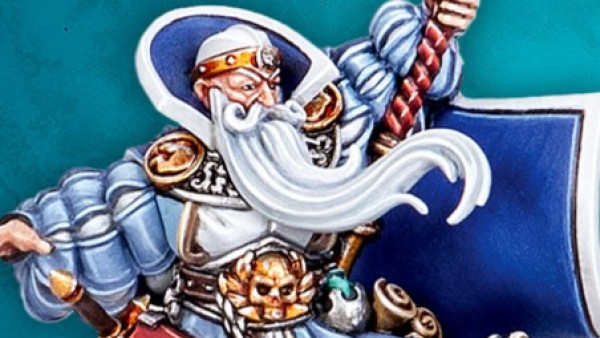

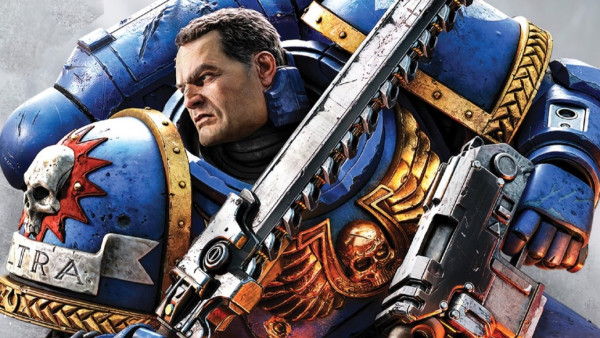

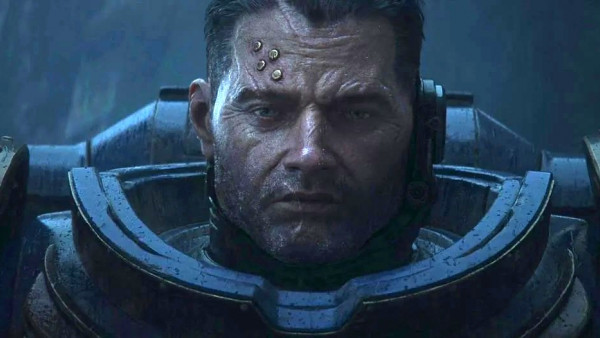


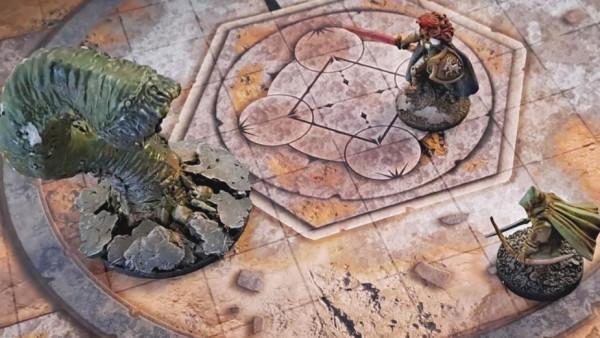
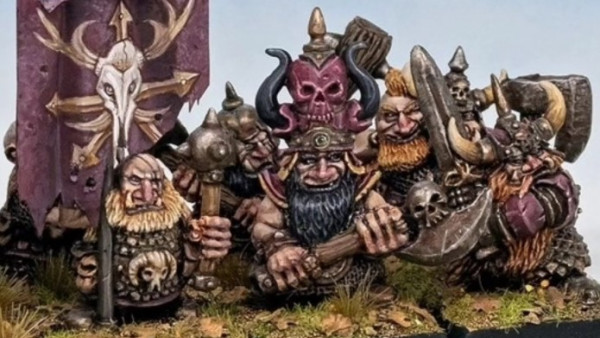
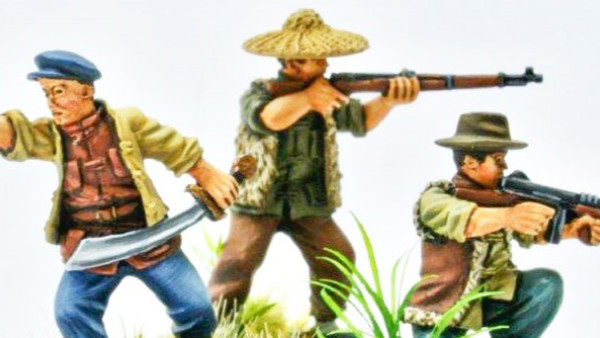

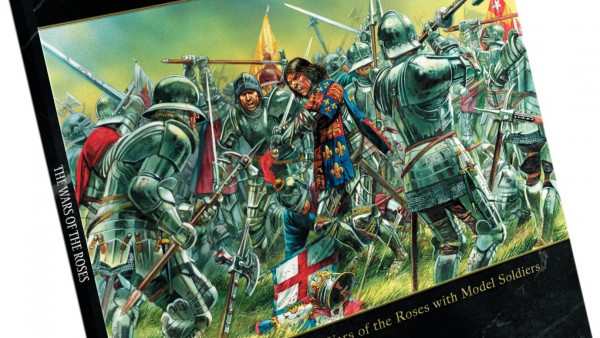
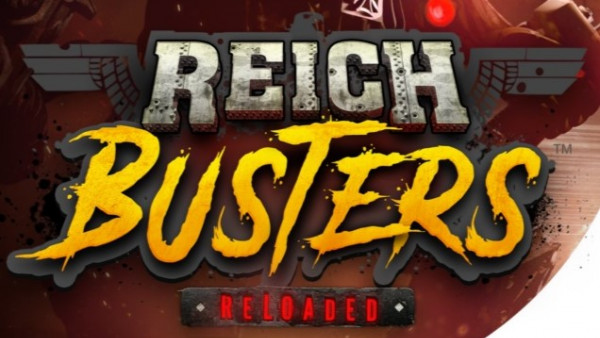
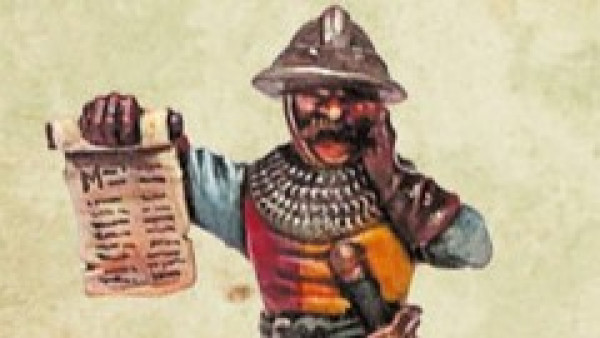
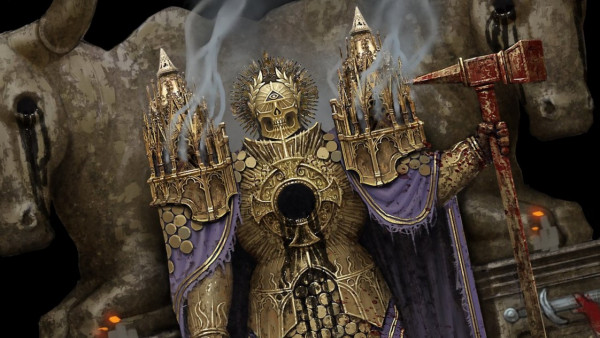
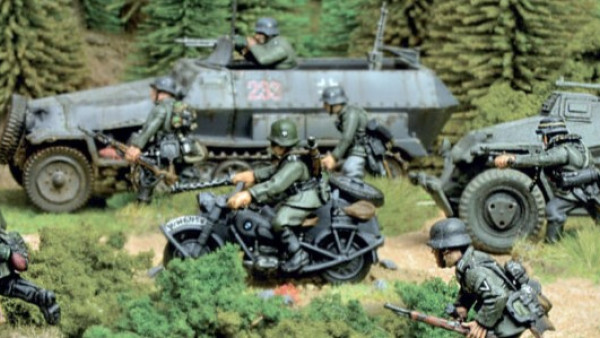
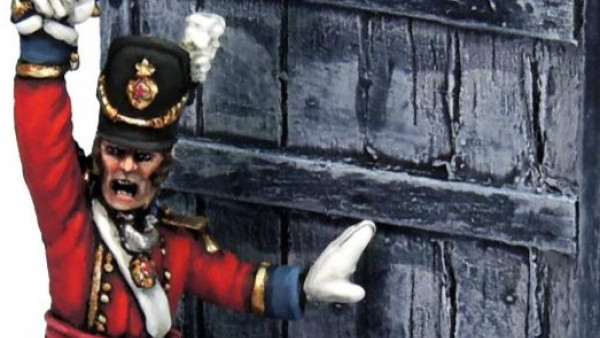
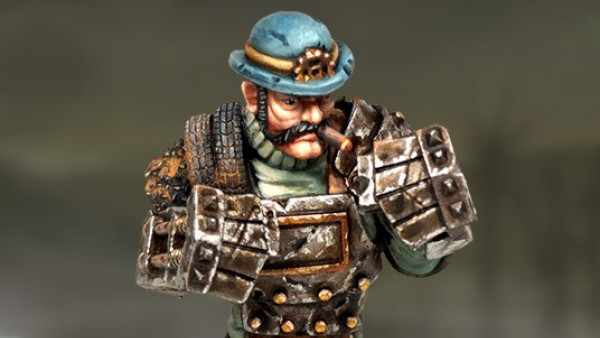
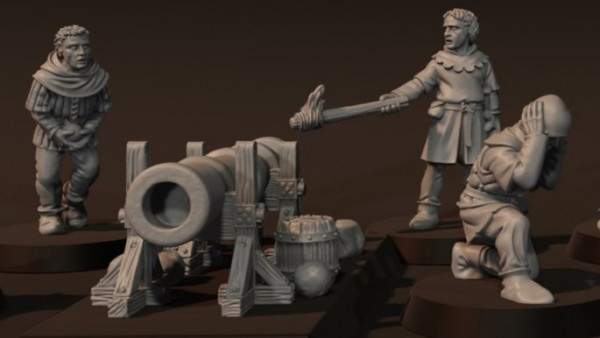
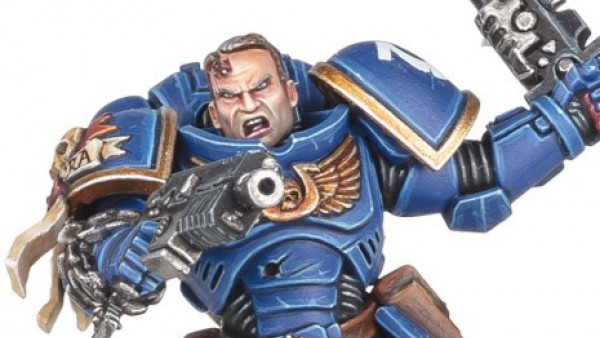
I’m not sure if there is a ‘best’ way to play, but the great thing about the rules is that they do both jobs extremely well, if its a dozen models in a scenario or pitched battles with a 100 or more.
For sure – certainly does come down to whatever you and your gaming group are interested in doing with the rules. As I say, I think I’m very much in the scenario/narrative camp though simply by virtue of how good the majority of the actual official/unofficial scenarios are!
BoW Ben
I think both options would be good but who wouldn’t like to take on the Balrog at the bridge or Ringwraiths on weather top. there is many parts of the books that would make a good battle.
Both of these scenarios are in the original LOTR rulebooks, they actually work really well in scenario play as the victory conditions and scenario layouts do allow you to recreate the events.
Points based play works fine for us. We just don´t manage to play that often. It is a nifty little game.
I’ve just started buying more hobbit/lotr miniatures lately. With the free fanzine and the GBHL youtube channel it’s great seeing more coverage for it.
Now i just need to find the time for a game.
Which free fanzine is this please?
http://www.beastsofwar.com/lord-of-the-rings/unofficial-hobbit-lord-rings-sbg-fanzine-launches/
Bow did an article on it just the other week. I highly recommend it.
Thanks for that – I’d completely missed it. Have downloaded the fanzine and am fully expecting to donate when i’ve finished!
not played this as yet but has peaked my interest alot more now thank you great article 🙂
LotR was what got me into wargaming, although I haven’t played it in years as my friends have moved on to other rulesets like 40k, so I can’t comment on what might have changed since the Hobbit rules came out. It is a really fun game though, with Might, Will and Fate points I feel they really nailed the heroic feel of the movies, being able to have a second chance at living has gotta be pretty awesome 🙂 When I played it, I was really enjoying the narrative side to the game, but my friends weren’t really into that… Read more »
The wealth of background material gives a lot of choice in the selection of settings, forces and scale – there are ways of playing small games with a few minis on each side, but let’s face it, there is nothing more satisfying than a full-on battle.
Scenario play for me, all the way. Points play works great, as well, but for me Lotr is all about the scenarios and re-creating the book and movie experiences in game. My son and I especially enjoy a campaign narrative where we move from scenario to scenario and see just how well the fellowship or the dwarves do. Scenario play also keeps the model management/acquisition easy for us, since we have a spreadsheet detailing all of the models required, we don’t have to worry about buying army blocks and it’s enjoyable having more variety in models to paint since scenario… Read more »
If you’re after something a bit more dynamic (and that is actually probably faster to play once you get the hang of it), there have been some fan made conversions of the SAGA rules system.
http://www.miniaturewargaming.com/index.php/mwg/category/saga/
This is a rules system that stands well in a very crowded historical games market, which should tell you something. It’s personally one of my favourites also. It’s probably Ideal for miniature numbers in the 30-50 area if you wanted to play at the official suggested game size.
Apologies, should have mentioned above that this is for using LoTR miniatures with a ruleset (SAGA), adapted from a Dark Ages-era warband skirmish game.
Games based on the setting are usually more fun IMHO. We play historical or sci-fi usually, but even back when we used to play TSR’s Battlesystem fantasy mass combat we always tried to create our own setting to give the battles some kind of context.
True, “scenario” or “setting-based” or “historical” (historical in a ME context, of course) games might wind up imbalanced one way or the other, but that’s when the players step in and start tweaking victory conditions. This way even unfair **battles** can wind up producing fun, fair **games.**
Greyhawk not big enough for you? LOL
Actually never did anything in Greyhawk, our group was mostly into Forgotten Realms (really giving away my age here, it was 2nd Edition and we still had THAC0s in those days). Actually probably would have preferred Greyhawk from what I hear (a little more gritty, “blood and torn chainmail” as my friend used to say), but with gaming . . . you often have to go with a group consensus. Anyway, we used Battlesystem as a place to which our stupidly-advanced characters could “graduate,” building castles and fiefdoms and armies instead of crawling around dungeons. Unless that dungeon was packed… Read more »
not gonna lie, Shadows of Mordor has sparked my interest once again in the Second Age – I had been trying to use the LotR rules with different historic ranges for a Song of Ice and Fire themed project, but now it seems I may as well dabble with actual LotR once again!
I don’t think anyone who has read my past gibbering will be surprised to see me say that scenario driven gaming is where I feel the strength of this system lies. It can work with point match, but I find the games does not play well to larger point values and you can stack things that breaks the simple rule system (Massed volley fire). I think it does a cracking job of allowing a force of heroes to face off against horde of mobs in scenario play. Also allows for things like the balrog to be deployed without being devastating.… Read more »
” the majority of the changes put in for the hobbit I feel are unnecessary and add next to nothing to the game – See more at: http://www.beastsofwar.com/lord-of-the-rings/lord-rings-hobbit-play/#comment-153116”
I get the impression that they felt the need to make some changes to the system simply in order to justify a new edition of the rules they could put out with the new Hobbit films.
Intersting article. It would be interesting to know what you think of the War of the Ring mass battle game. I tried it a few times back in the day and loved it, although I feel that GW dropped the ball a bit with some odd rules calls and unbalanced and topheavy army lists. But the core mechanics were great.
Aside from the clunky bits you mentioned core rules were to my mind a very strong rule set. Very enjoyable, a ease to play larger and sweeping games that flowed beautifully
I’ve been trying to get the lotr sourcebooks ( moria, free people, etc) in Australia and they don’t seem to be on GW’s website anymore. Are these out of production? How can you play with the lotr minis if they don’t have any rules?
@andz Not checked UK site, believe the hobbit hardback has most of the rules or check e-bay for the old rule books or if really stuck not ideal but http://lonelyknight.0fees.net/